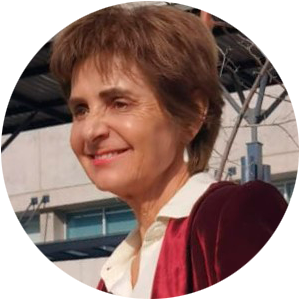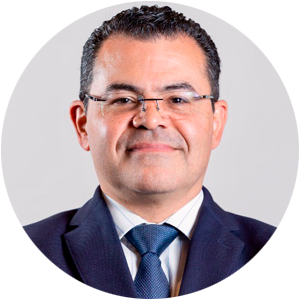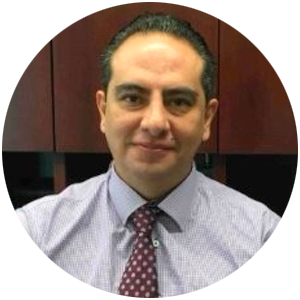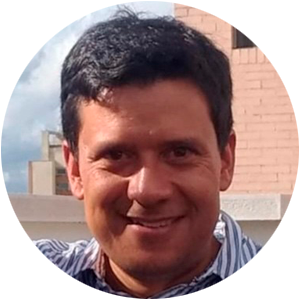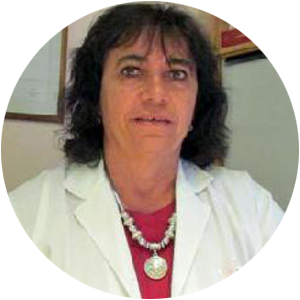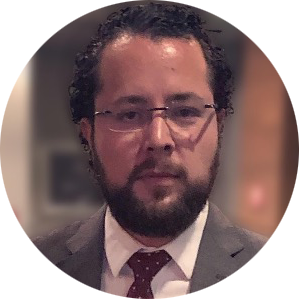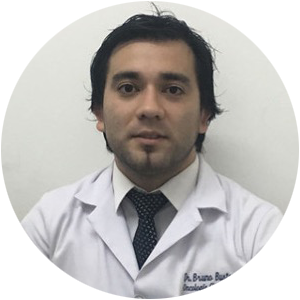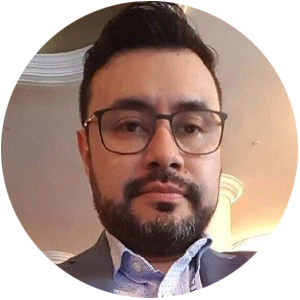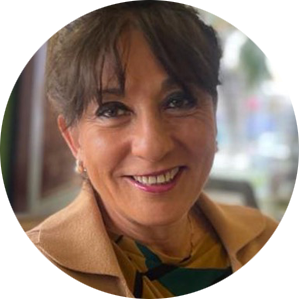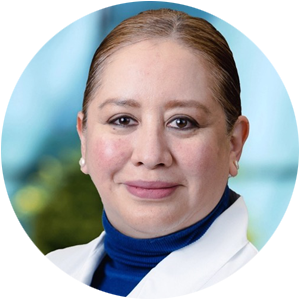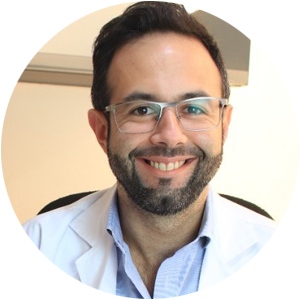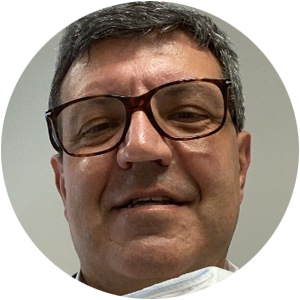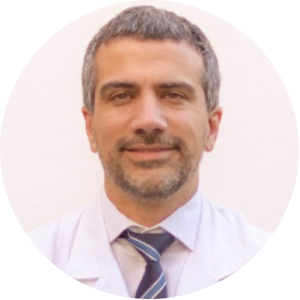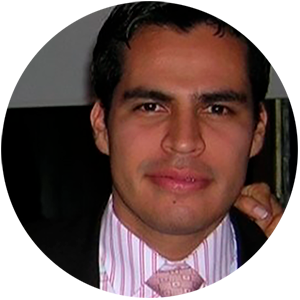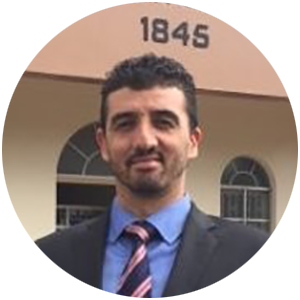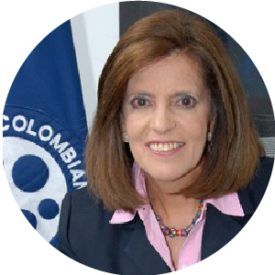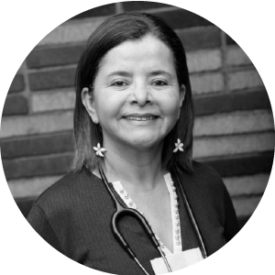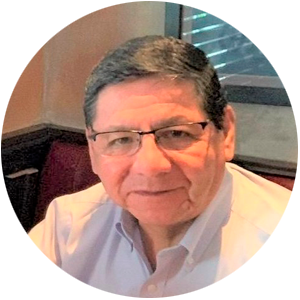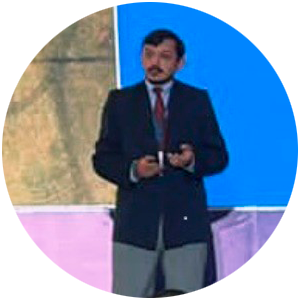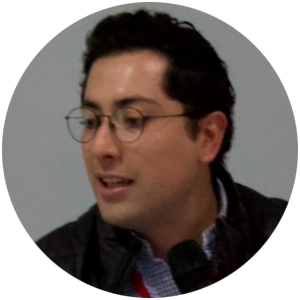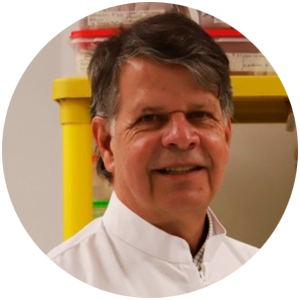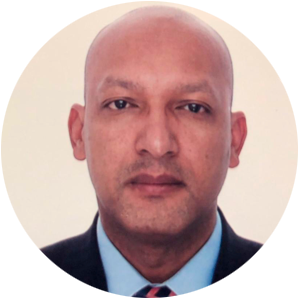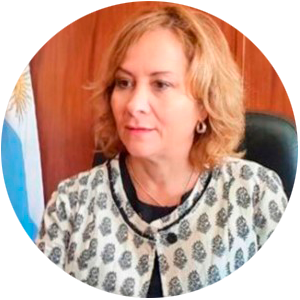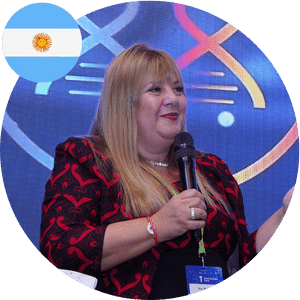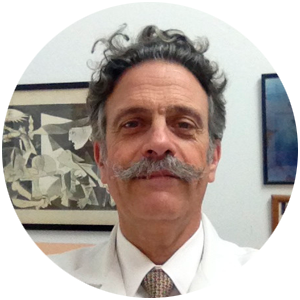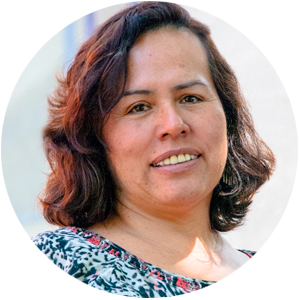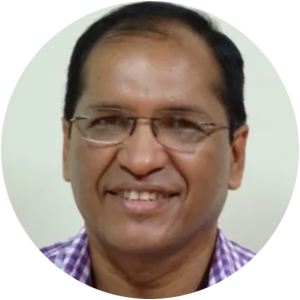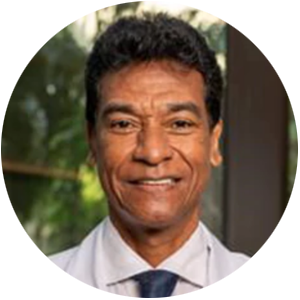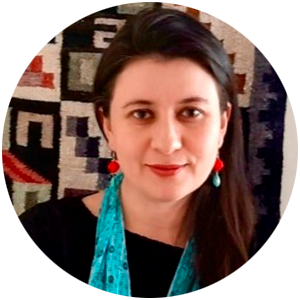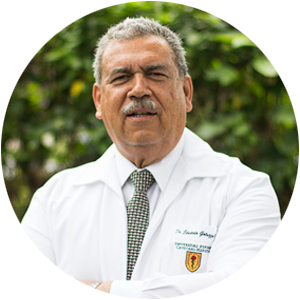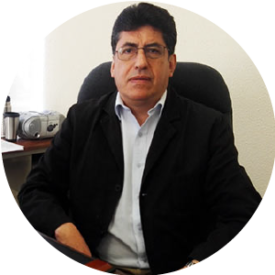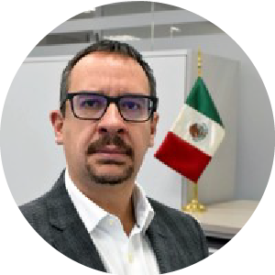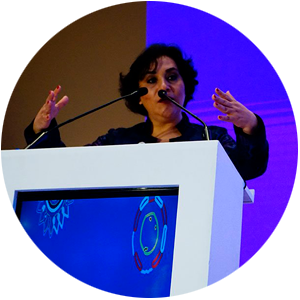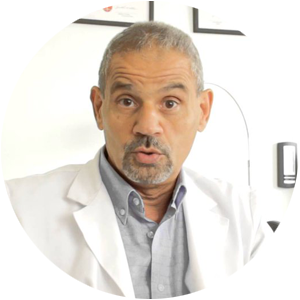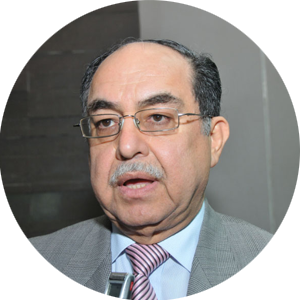

What is a TASK FORCE?
Our Task Forces are generally composed of Latin American disease experts intended to advance knowledge on epidemiology, availability of, and access to treatment and prevention strategies. Members of the task force communicate, educate and advocate for policy recommendations through meetings with Ministries of Health, regulatory agencies and other relevant public health authorities. These recommendations for public health authorities serve as an invaluable tool for guiding health professionals and private industry, while also serving to educate and build awareness in the public at large. The outcome of our Task Force is a strategic plan to develop, disseminate and educate about recommendations regarding specific health topic.
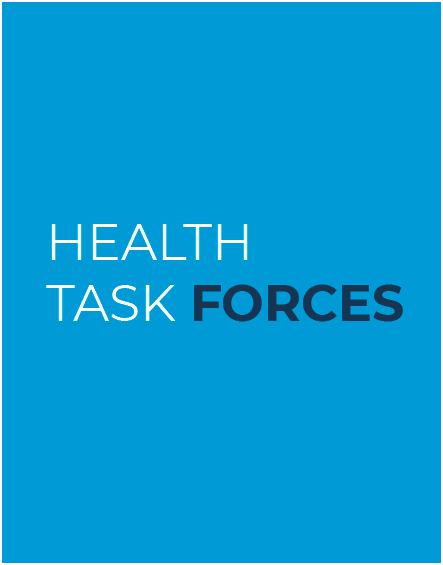
As part of its education initiatives, AHF creates Disease-Specific Task Forces for the purpose of advancing key vaccination and health education topics in Latin America. Specifically, the establishment of Disease-Specific Task Forces aims to promote awareness and increase medical knowledge in the areas of the disease, advance knowledge of the prevalence and burden of the disease and advocate for more effective programs and policies towards increasing prevention and control strategies regarding the disease.
AHF has convened a Task Force in each of these disease areas; these were comprised of clinicians from the Latin American region who specialize in diagnosing and treating each of the targeted diseases. The Disease Task Force Initiative will constitute a series of meetings aimed at multiple audiences in Latin America. The objectives of the Disease Task Force Initiative will be to:
Prepare and discuss the burden of the disease in Latin America and to review the current prevention and control strategies relevant to the disease in Latin American countries.
Define and prepare an action plan for a set time period on the disease regarding prevention and control policies in Latin America, and
Prepare and evaluate recommendations to be presented to the Pan American Health Organization’s (PAHO) 2015 Technical Advisory Group (TAG) meeting on Vaccine-preventable Diseases, if relevant.
The Disease-Specific Task Force’s formulation of recommendations for public health authorities in the Region serve as an invaluable tool for guiding health professionals and private industry, while also serving to educate and build awareness among the public at large.

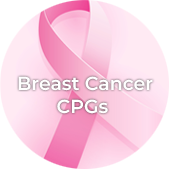

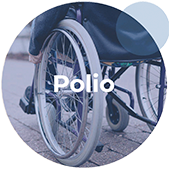
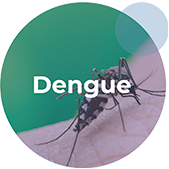
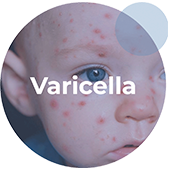
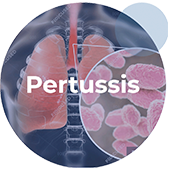

VALUE OF INNOVATION
Shaping the Regulatory Environment for Healthcare Innovation in Latin America: Policy Recommendations
February 27, 2025 - Bogotá, Colombia
AHF successfully convened a multi-stakeholder Task Force to develop actionable policy recommendations for improving the regulatory environment for healthcare innovation in Latin America. Experts from Argentina, Brazil, Colombia, and Mexico, representing health economy, policy, academia, and innovation, engaged in a dynamic discussion on key challenges, including access to innovation, pricing regulations, and the economic impact of healthcare investments.
A central focus was the Wait Indicator, assessing the time it takes for medicines to reach the market and their true economic value. The Task Force also examined government regulation vs. market-driven pricing models, aiming to propose a balanced approach that
fosters innovation while ensuring fair access.
The insights gathered will inform a policy paper outlining concrete recommendations to shape a more sustainable and innovation-friendly healthcare ecosystem in the region. This document is pending publication in a policy journal and will serve as a roadmap
for policymakers, industry leaders, and stakeholders committed to advancing health technology innovation in Latin America. Stay tuned.
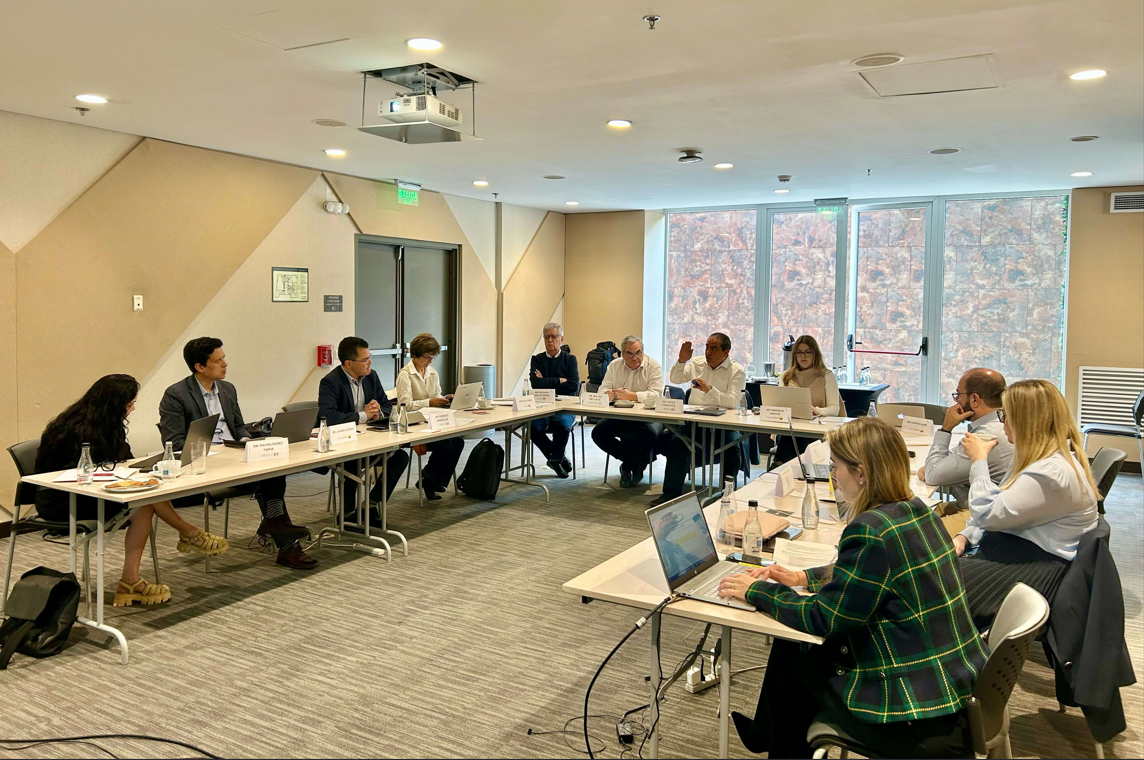
Value Innovation Task Force Meeting Participants:
Moderator: Dr. Mariana Rico

Breast Cancer CPGs
Clinical Practice Guidelines and Public Health Policy for Metastatic Breast Cancer in Latin America
AHF conducted a Task Force on the impact of public policies on Clinical Practice Guidelines (CPGs) for metastatic breast cancer (BC) in Latin America, to assess the current status of CPGs for BC within the region and evaluate how health policies influence their adoption. The analysis was conducted by 32 key opinion leaders from Argentina, Brazil, Chile, Colombia, Costa Rica, and Mexico, including experts in medical oncology, pathology, mastology, surgical oncology, and patient organizations.
International recommendations emphasize that the burden of disease of BC in resource-limited countries, such as Latin American countries, can be effectively managed through the enhancement of public health policies, the implementation of evidence-based CPGs for diagnosis and treatment, reinforcement of prevention and early detection programs, and the facilitation of access to targeted and innovative therapies. CPGs, developed systematically based on scientific evidence, play a pivotal role in disease management, resource optimization, and public health enhancement.
The full report is available in English and Spanish.
Click here for the full report in English.
Click here for the full report in Spanish.
INFOGRAPHICS:

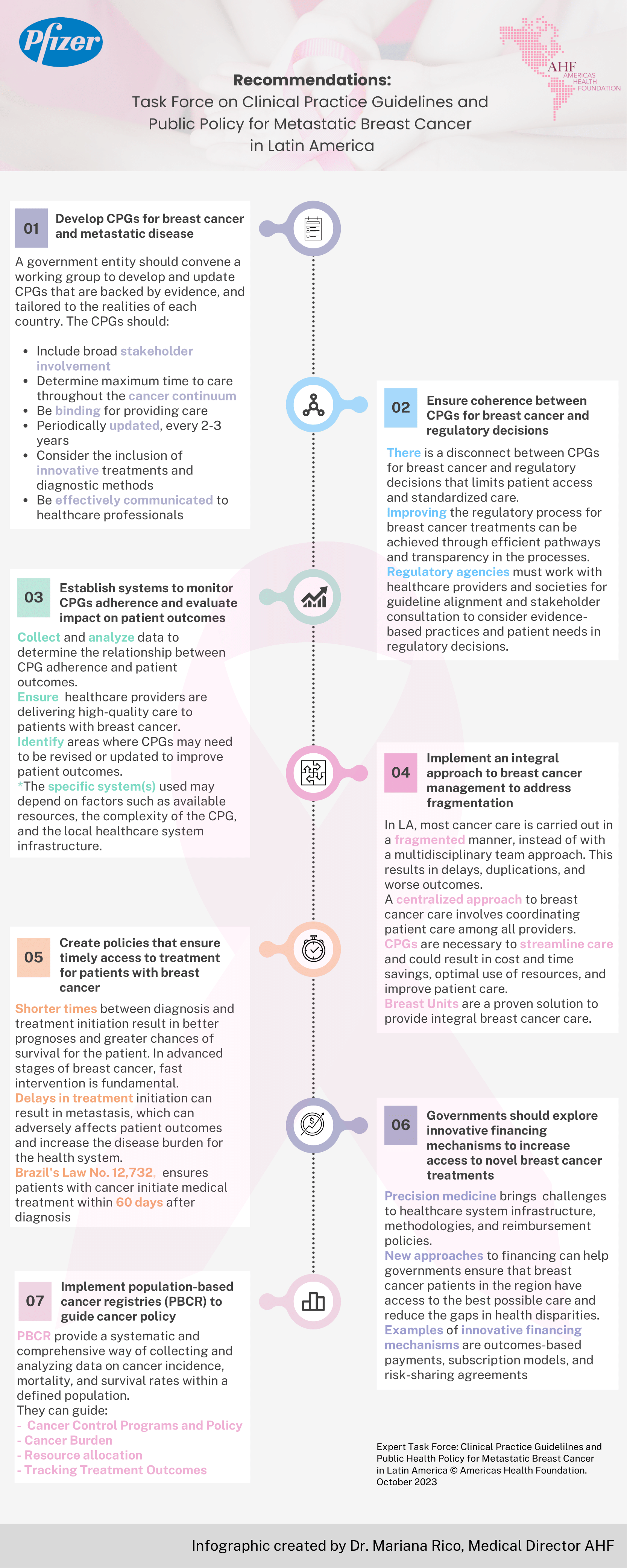
You can also access the infographics here.
CPGs BC Task Force Meeting Participants:
Innovative Contracting Mechanism for Antimicrobial Resistance (AMR)
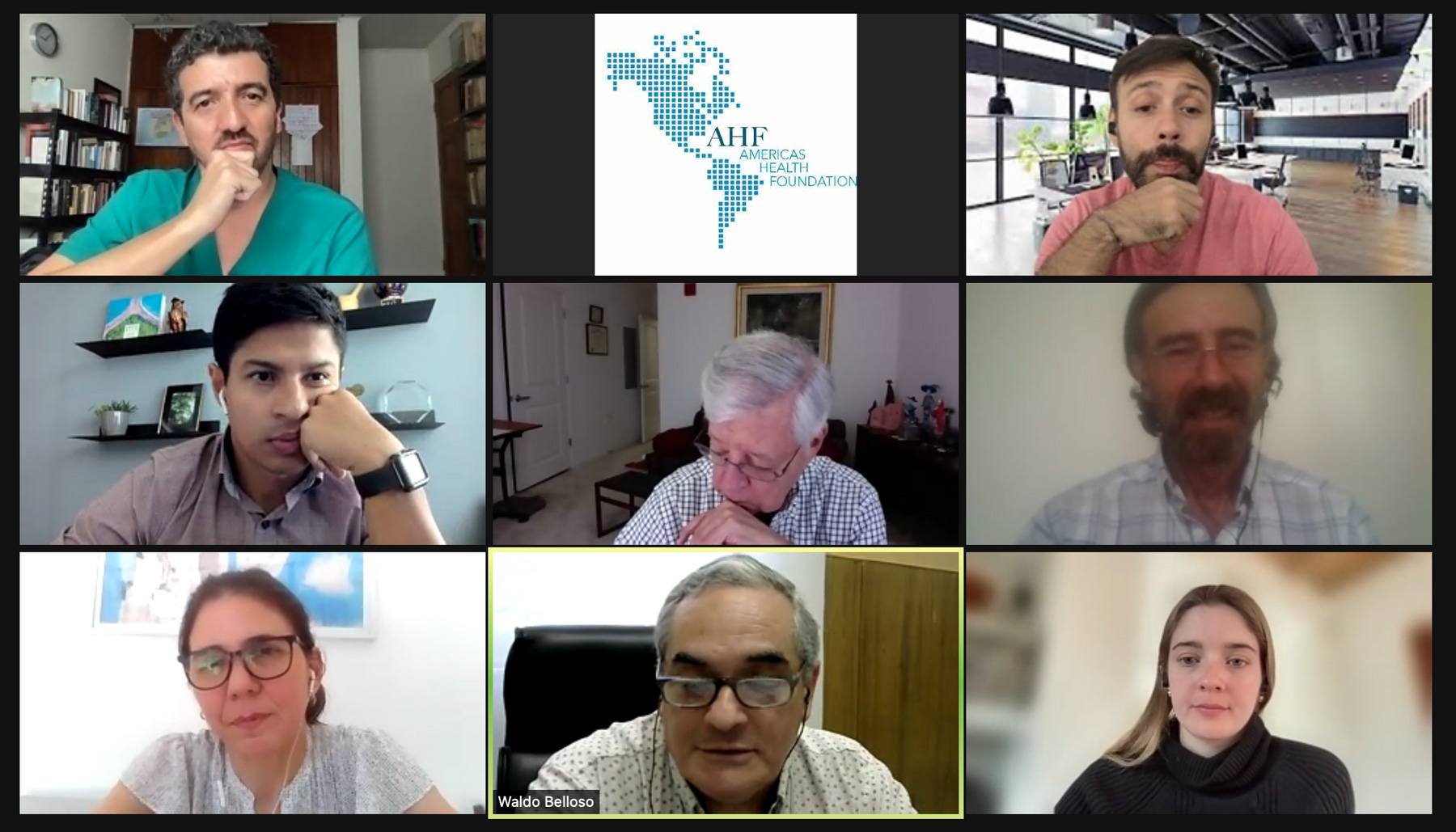
Innovative Contracting Mechanism for Antimicrobial Resistance (AMR) Task Force
AHF in partnership with MSD convened a workshop of experts in infectiology to discuss antimicrobial resistance in Argentina and Costa Rica and strategies for the adoption of novel antibiotics.
The experts group conducted a round table via Zoom on October 29th, 2021. As a result of this meeting, the experts developed a paper, “Innovative contracting mechanisms to increase the adoption of novel antimicrobials in Argentina and Costa Rica.
Click here to read the full report: INNOVATIVE CONTRACTING MECHANISM TO INCREASE THE ADOPTION OF NOVEL ANTIMICROBIALS IN ARGENTINA AND COSTA RICA.
Meeting Participants:
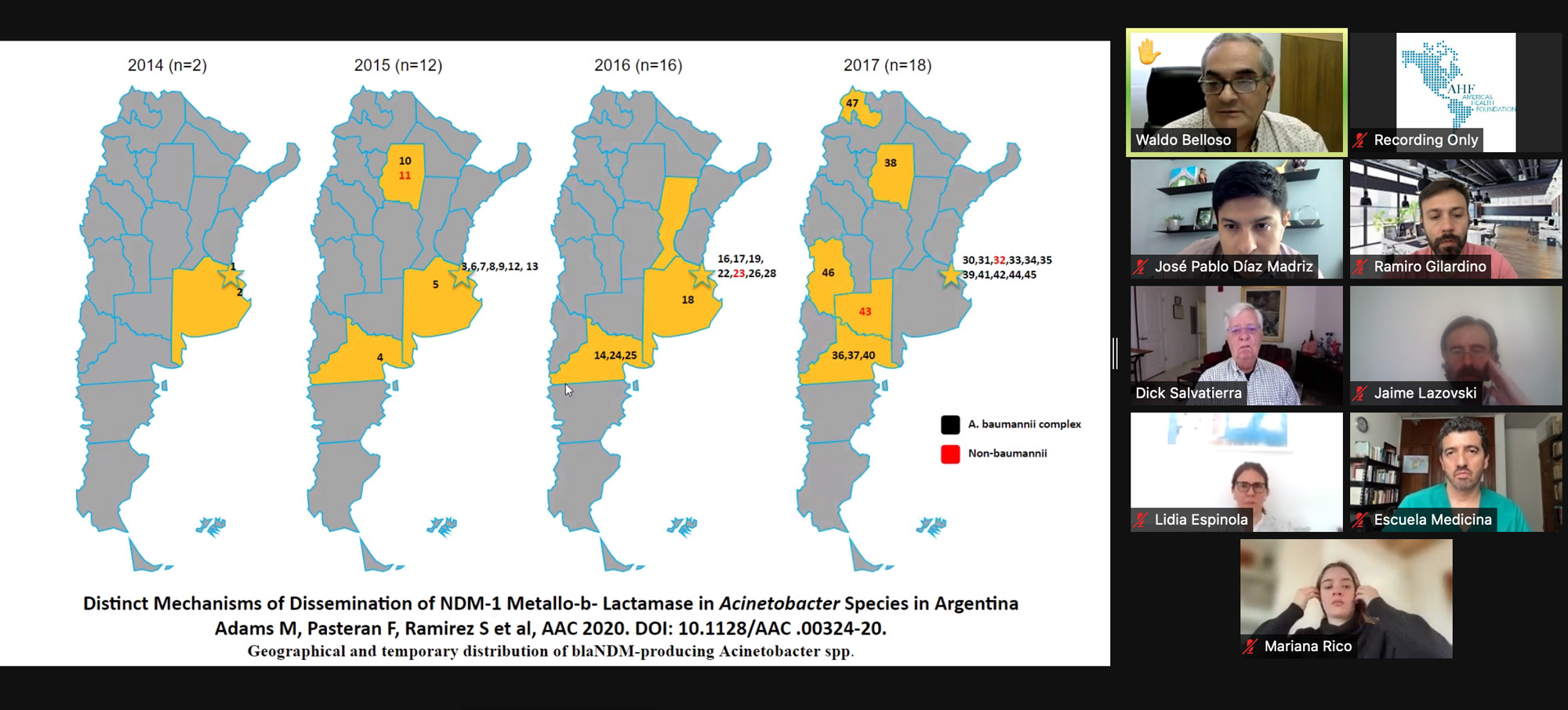
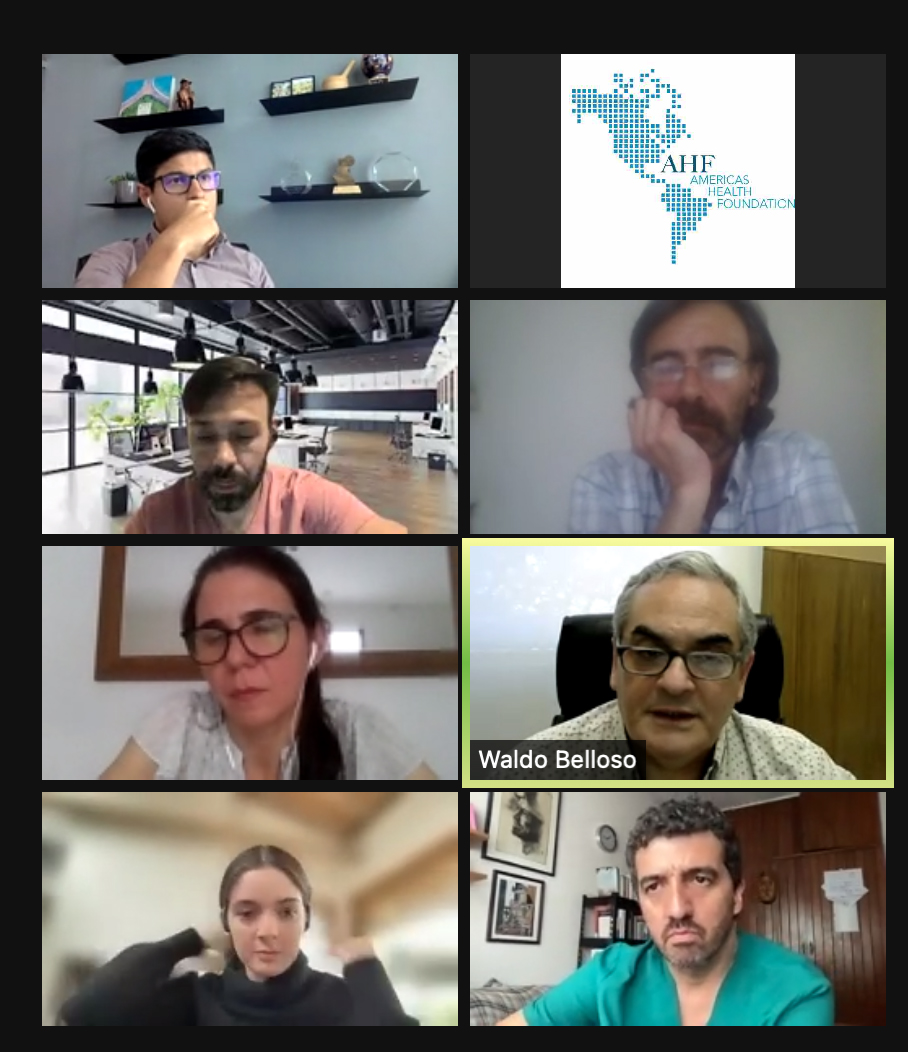
POLIO
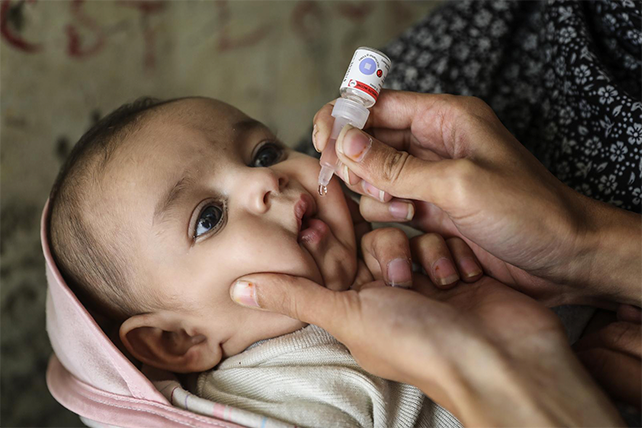
Polio Task Force
AHF in partnership with the Sociedad Latinoamericana de Infectología Pediátria (SLIPE) convened a workshop of experts in Polio and vaccination strategies to discuss the Polio Vaccination policy and implementation of vaccination programs in Latin America. The experts group conducted a roundtable discussion in Miami, Florida on February 24-26th, 2014. As a result of this meeting the experts developed a paper, "The Challenge of Changing the Inactivated Poliomyelitis Vaccine in Latin America, Declaration of the Latin American Society of Pediatric Infectious Diseases (SLIPE)", which was published in Spanish in Rev Chilena Infectol 2014; 31 (5): 590-596. Click here to read the full article.
Panelists included:
STOP DENGUE
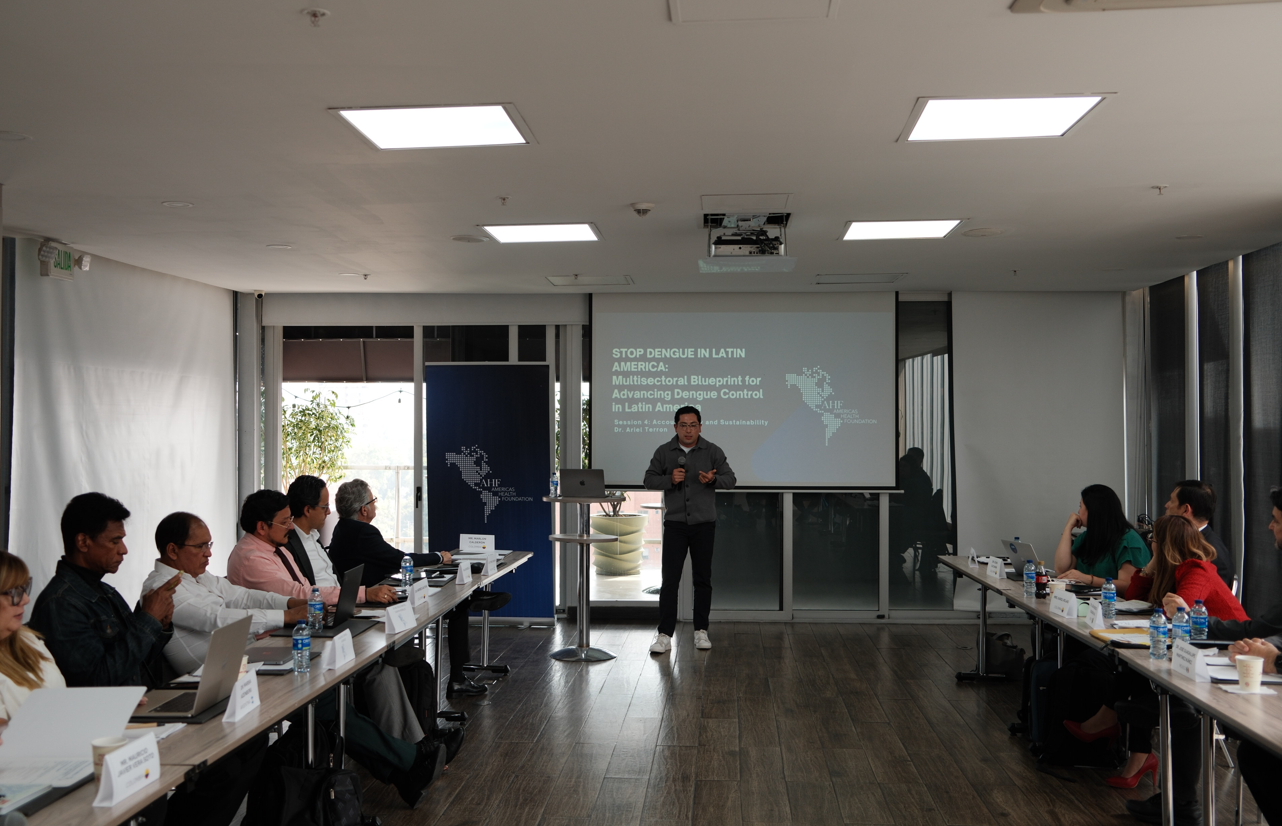
Advancing Dengue Control in Latin America: A Multisectoral Strategy
AHF has successfully convened a multisectoral strategic planning meeting on dengue control, bringing together key opinion leaders from Argentina, Brazil, Colombia, Mexico, Peru, Venezuela, and the United States. This diverse panel of clinicians, public health
and policy experts, diagnostics specialists, and vector control experts engaged in a high-level discussion to identify gaps, promote accountability, and develop a multisectoral blueprint for dengue control in Latin America.
Moderated by Dr. Carlos Espinal (Global Health Consortium Director), the meeting facilitated an evidence-based dialogue, supported by a comprehensive stakeholder analysis and literature review conducted by AHF. Panelists shared insights on clinical management,
diagnostics, public health policies, and vector control strategies, emphasizing the need for integrated approaches and sustained regional collaboration.
The primary outcome of this meeting will be a detailed report synthesizing key findings and recommendations, serving as a foundational document for future initiatives in dengue control. The report will soon be available here. Stay tuned.
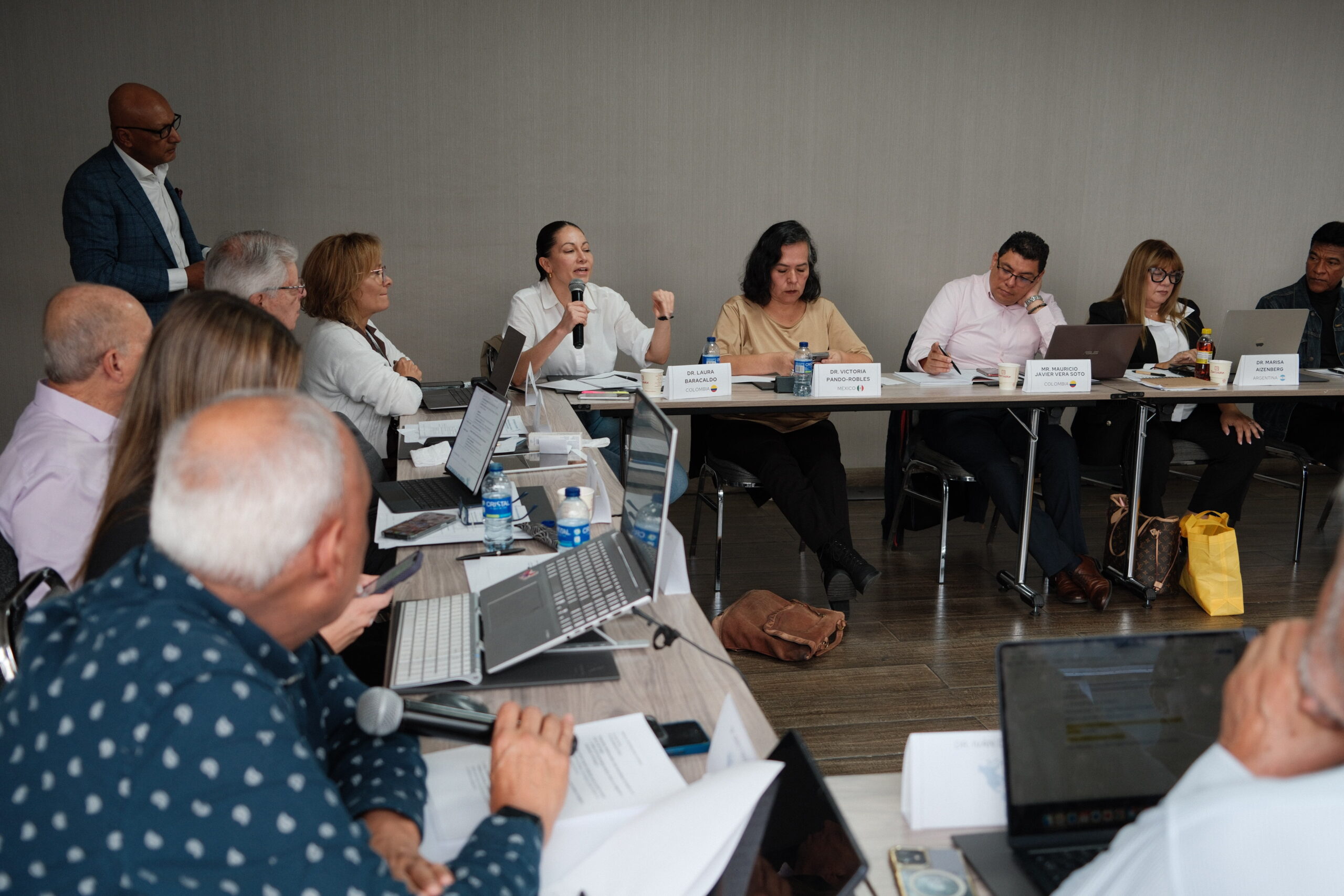
The Stop Dengue Task Force members include:
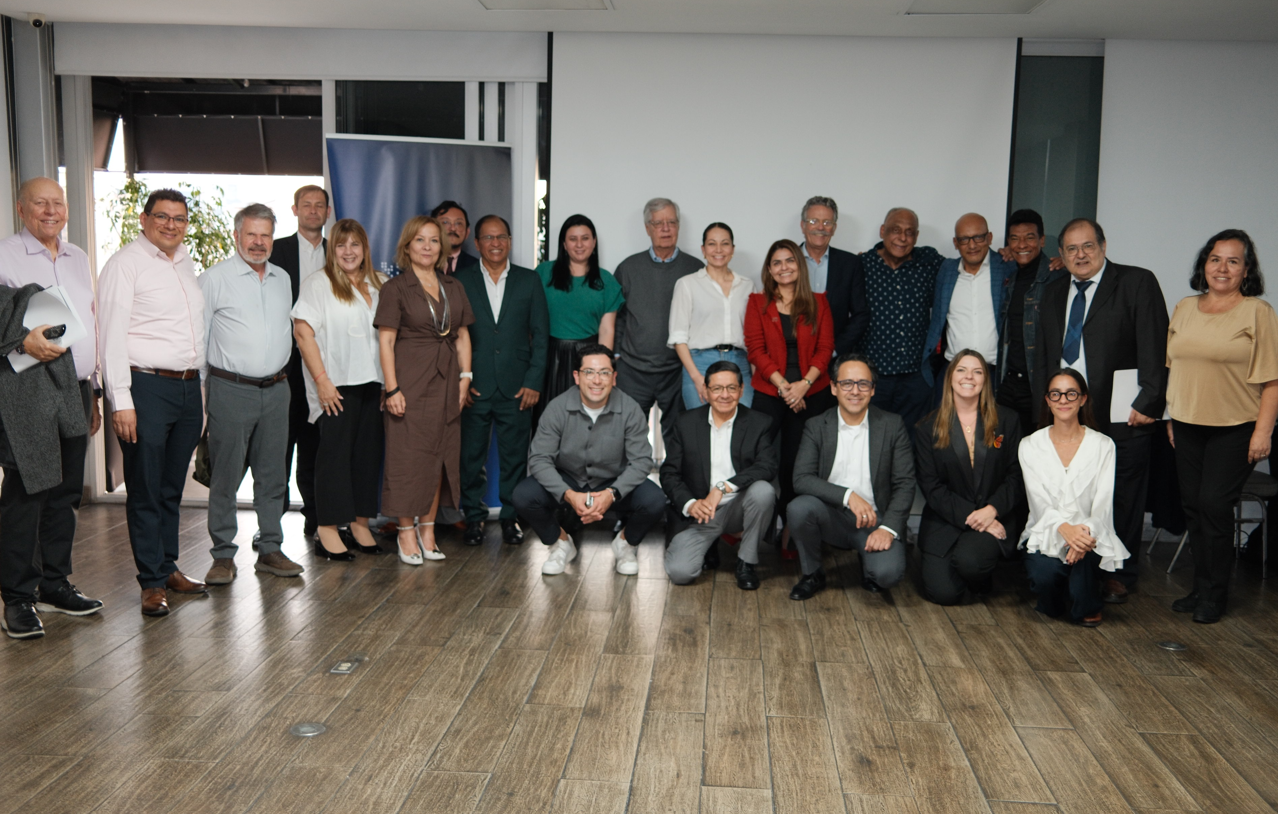
DENGUE
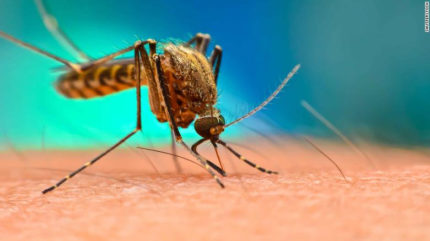
Dengue Task Force
AHF in partnership with the Sociedad Latinoamericana de Infectología Pediátrica (SLIPE), convened a Dengue Task Force comprised of clinicians from the Latin American region who specialize in diagnosing and treating dengue and will constitute a series of meetings aimed at multiple audiences in Latin America. The purpose of the Dengue Task Force Initiative was to promote awareness, increase medical knowledge, support the development and strengthening of vaccination policies, and advance key vaccination policy topics in the area of dengue.
Dengue, also known as breakbone fever, is a painful, debilitating and sometimes fatal viral disease that is transmitted to humans by the Aedes aegypti mosquito and is caused by one of four related, but distinct, virus serotypes (DEN 1-4). With more than 50 million cases reported to the World Health Organization (WHO) each year, dengue is now regarded as the world’s most important mosquito-borne viral disease. Given that 60% of these reports are from the Americas, predominantly Latin America, dengue infection is a significant and escalating public health problem in Latin America.
The Dengue Task Force’s formulation of recommendations for public health authorities in the Region will serve as an invaluable tool for guiding health professionals and private industry, while also serving to educate and build awareness among the public at large.
Dengue Task Force Meeting
On May 18, 2015 AHF, in partnership with the Latin American Society of Pediatric Infectious Diseases (SLIPE) and Florida International University (FIU), convened a Dengue Task Force meeting in Miami comprised of clinicians from the Latin American region who specialize in diagnosing and treating dengue. The purpose of the meeting was to generate discussions on the Integration of a dengue vaccine as an additional program for prevention and a control tool that can strengthen the process of decision-making.
Dengue Workshop
From Tuesday, May 19 until Wednesday, May 20, 2015 AHF, in partnership with the Sociedad Latinoamericana de Infectología Pediátrica (SLIPE) and Florida International University (FIU), convened a Dengue Workshop inviting members of the Dengue Task Force, dengue KOLs and representatives from the Expanded Program on Immunization (EPI) from a number of dengue-endemic Latin American countries. The purpose of this workshop was to discuss dengue vaccination policy and implementation of vaccination programs in the Region. The Dengue Workshop was chaired by Dr. Joao Bosco Siqueira of Brazil and Dr. Gabriel Carrasquilla from Colombia served as secretary.
In addition to the Dengue Task Force members, participants of the Dengue Workshop included representatives from Mexico, Costa Rica, Nicaragua, Honduras Panama, Peru, Colombia, Brazil, Jamaica, Trinidad and Tobago, and Barbados.
Santa Marta, Colombia
As a follow-up to the Dengue Task Force meeting, in regard to planning for country-specific outreach, AHF sponsored the participation of several Dengue Task Force members and a KOL in a 1.5 day Dengue Symposium, “Retos en la Prevención Y Control Del Dengue Avances Y Proyección de la EGI-Dengue en la Región de las Americas” organized with the Colombia Ministry of Health as part of the larger XVI Congreso Colombiano de Parasitología Y Medicina Tropical 2015 held in Santa Marta, Colombia October 21 -22.
End of Year Meeting
The AHF convened a meeting of the Dengue Task Force in December to review its year-long activities, and with the recent development of Mexico becoming the first country in the region to register the dengue vaccine, plan additional activities to support continued education and advocate for the development of an effective dengue vaccination policy and support health authorities in the decision-making process for introducing and implementing the recently discovered dengue vaccine in 2016.
Click Here to view Retos en el Control del Dengue, Dengue Task Force members speaking about the dengue senario in Latin America.
Click the links below to read the related Dengue Articles:
-Ciudadanos Contra el Dengue 2015
-El Mosquito no da tregua en Latino America 2015
The Dengue Task Force members include:
Varicella Task Force II
INCREASING ACCESS TO VACCINES & INCREASING STAKEHOLDER ENGAGEMENT IN VARICELLA IN LATIN AMERICA
Latin America and the Caribbean (LAC) is a diverse region of mainly low-and-middle income countries, mostly with tropical weather. Despite the impact of varicella, data on varicella epidemiology in the region is scarce. In addition, LAC reports higher rates of hospitalizations and complications due to varicella compared to high income countries. In line with global trends, vaccination coverage rates in LAC have been declining over the last 10 years, plummeting since 2010. These countries are now also confronting COVID-19 related disruptions to National Immunization Programs (NIPs). Given the need for effective varicella vaccination through NIPs in LAC to reduce the burden of disease in the region, AHF has implemented a regional task force on varicella aimed at policy makers to increase vaccine coverage rates, engage local stakeholders, understand the impact of COVID-19 on varicella vaccination, review country-level success stories, support existing vaccination efforts, and amplify conversations on outcomes.
Countries: Argentina, Brazil, Colombia, Guatemala, Ecuador, Mexico, Panama, and Peru.
Speakers:
Varicella Task Force I

Varicella Task Force
In an effort to reduce the public health burden of varicella in Latin America, the AHF, in conjunction with the Latin American Society of Pediatric Infectious Diseases (SLIPE), created a working group entitled the “Varicella Vaccination Task Force,” which focuses on increasing the rates of vaccination against varicella (commonly known as chickenpox). This Task Force sought to advocate for more effective programs and policies aimed at increasing the rate of varicella vaccination in the region. The development of the Varicella Vaccination Task Force, composed of nine experts in pediatric infectious diseases from throughout Latin America, was critical to advancing knowledge related to the prevalence, burden of disease, available vaccines and prevention strategies associated with varicella in Latin America.
The first meeting of the Varicella Vaccination Task Force was held on Monday October 19, 2015 in Lima, Peru. The main objectives of the meeting were to (1) discuss and consolidate information related to the epidemiology and disease burden of varicella in Latin America, and (2) generate the scientific rationale for developing a position paper on varicella prevention, including a series of recommendations for expanding coverage of varicella vaccination in the Region. During the meeting, members of the Varicella Vaccination Task Force noted that the introduction of the varicella vaccine in National Immunization Programs has accelerated in the past five years, and members of the Task Force strongly supported the need to expand access to the vaccine as an important strategy for reducing morbidity and mortality associated with varicella in Latin America.
In 2016, the Task Force developed the position paper which is now posted on the SLIPE website. Click here to read the paper.
Varicella Task Force Meeting Participants:
PERTUSSIS

Pertussis Task Force
AHF, in partnership with SLIPE (Sociedad Latinoamericana de Infectología Pediátrica), convened a Pertussis Task Force comprised of clinicians from the Latin American region who specialize in diagnosing and treating pertussis and will constitute a series of meetings aimed at multiple audiences in Latin America. The purpose of the Pertussis Task Force Initiative was to promote awareness, increase medical knowledge, support the development and strengthening of vaccination policies, and advance key vaccination policy topics in the area of pertussis. Pertussis, also known as whooping cough, is a highly contagious respiratory disease caused by the bacterium Bordetella pertussis. While pertussis can affect children and adults, it most commonly affects infants and young children and can be fatal, especially in babies less than 1 year of age. Despite the widespread availability of 2 classes of effective vaccines, whole cell and acellular, Bordetella pertussis infection remains a global epidemic
The Pertussis Task Force’s formulation of recommendations for public health authorities in the Region will serve as an invaluable tool for guiding health professionals and private industry, while also serving to educate and build awareness among the public at large.
INFLUENZA

Influenza Task Force
AHF, in partnership with the Sociedad Latinoamericana de Infectología Pediátrica (SLIPE), convened an Influenza Task Force comprised of clinicians from the Latin American region who specialize in diagnosing and treating influenza and will constitute a series of meetings aimed at multiple audiences in Latin America. The purpose of the Influenza Task Force Initiative was to promote awareness, increase medical knowledge, support the development and strengthening of vaccination policies, and advance key vaccination policy topics in the area of influenza.
Influenza is a highly infectious, acute disease caused by A, B, and C influenza viruses. Over the last decade, the majority of high-income countries and several low- and middle-income countries have recommended that individuals receive seasonal influenza vaccines, viewing it as a serious threat to public health. Seasonal influenza imposes a high morbi-mortality and economic burden in Latin America. Reflecting the seriousness of this disease in the region, as of 2011, 41 countries in the Americas had policies for influenza vaccination.
The Influenza Task Force’s formulation of recommendations for public health authorities in the Region will serve as an invaluable tool for guiding health professionals and private industry, while also serving to educate and build awareness among the public at large.


